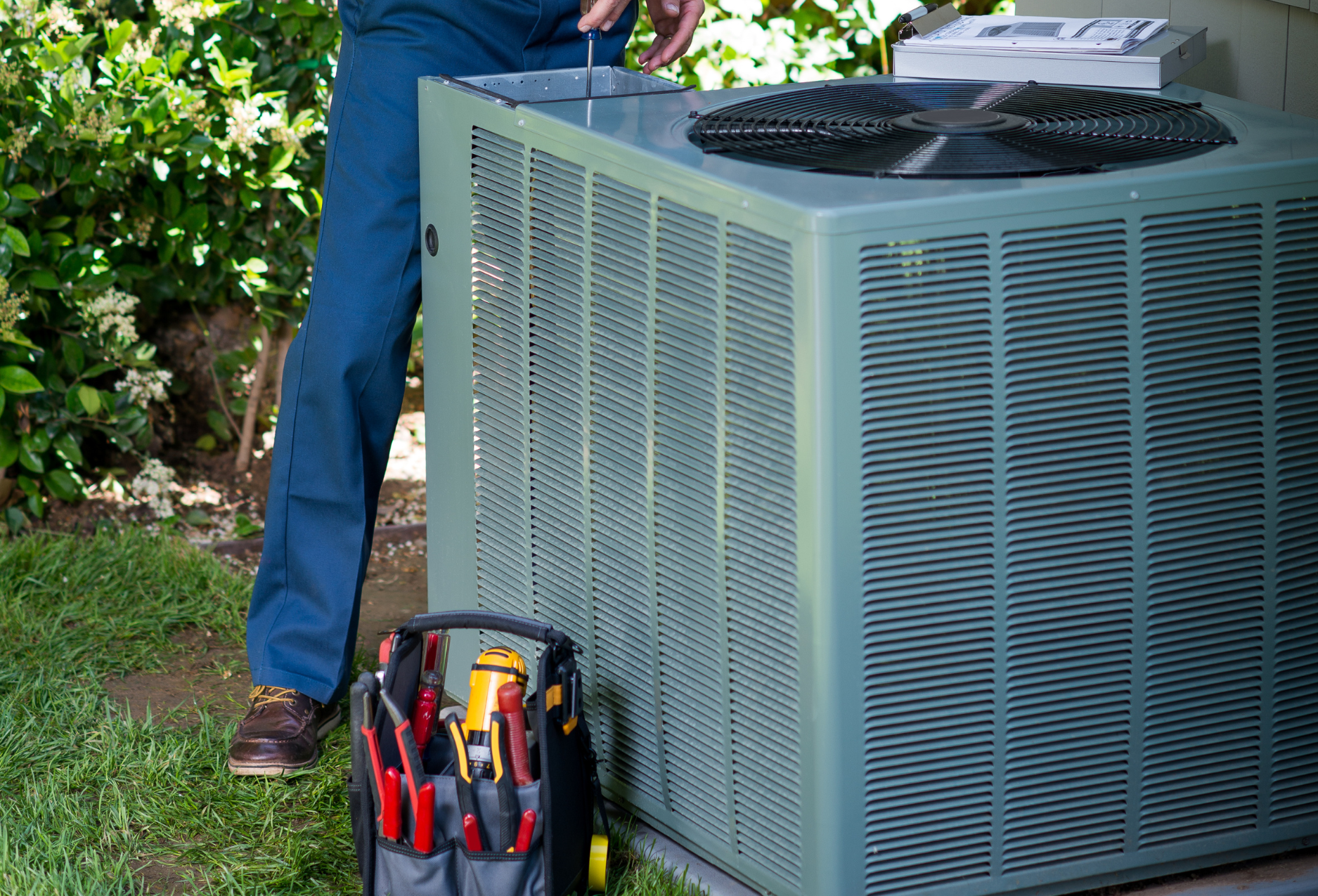
The Importance of Regular Maintenance
Effective management of your Hawaii rental property involves keeping it in top condition, ensuring tenant satisfaction, and maintaining safety standards. Regular maintenance and timely replacement of home items are crucial to achieving these goals. Here’s a comprehensive guide on when to replace essential home items, including air filters, and smoke alarms, among others.
Air Filters
Replacement Frequency: Every 1-3 months
Air filters play a vital role in maintaining indoor air quality by trapping dust, allergens, and other particles. Replace air filters every 1-3 months, depending on the type of filter and the property’s location. Homes with pets or in high-pollen areas may require more frequent replacements.
Water Filters
Replacement Frequency: Every 6-12 months
Water filters ensure the water supply remains clean and safe. The replacement schedule varies based on the type of filter and water usage. Standard water filters should be replaced every 6-12 months. Always follow the manufacturer’s guidelines for specific recommendations.
Smoke Alarms
Replacement Frequency: Every 10 years
Smoke alarms are critical for home safety. Replace the entire smoke alarm unit every 10 years. Additionally, test smoke alarms monthly and replace the batteries at least once a year to ensure they function correctly.
Carbon Monoxide Detectors
Replacement Frequency: Every 5-7 years
Carbon monoxide detectors are essential for detecting harmful gas leaks. Replace these devices every 5-7 years. Like smoke alarms, test them monthly and replace batteries annually.
HVAC Systems
Replacement Frequency: Every 10-15 years
HVAC systems are a significant investment in maintaining home comfort. Most systems have a lifespan of 10-15 years. Regular maintenance can extend this lifespan, but once the system starts needing frequent repairs, it may be more cost-effective to replace it.
Water Heaters
Replacement Frequency: Every 8-12 years
Water heaters typically last between 8-12 years. Signs that it’s time for a replacement include inconsistent water temperature, rust-colored water, and noise from the unit. Regular maintenance can help extend the lifespan, but eventually, a replacement will be necessary.
Refrigerators
Replacement Frequency: Every 10-15 years
Refrigerators generally have a lifespan of 10-15 years. Signs of impending failure include increased noise, food spoilage, and higher energy bills. Regular cleaning of coils and seals can help maintain efficiency.
Washing Machines and Dryers
Replacement Frequency: Every 8-12 years
Washing machines and dryers should be replaced every 8-12 years. Look out for leaks, excessive noise, or reduced performance as signs that a replacement is needed. Regularly clean lint filters and check hoses for wear to extend their lifespan.
Regularly replacing essential home items is crucial for maintaining a safe, comfortable, and efficient living environment. For property managers, adhering to these replacement schedules ensures tenant satisfaction and protects the value of the property. Keeping a maintenance log and scheduling routine inspections can help you stay on top of these tasks, making property management more efficient and effective. By proactively managing the replacement of home items, you can prevent minor issues from becoming major problems, ensuring that your properties remain in excellent condition and your tenants remain happy.
We are Your Hawaii Rental Management Experts
One of the benefits of working with a property manager for your rental properties is that we take these tasks off your plate. Our full-service concierge department handles all home tasks; we monitor home systems and regularly check that everything is in working order. To learn more about our comprehensive property management services, click here or contact Doug at (808) 596-4883 or dougdavis@caronb.com. Visit our YouTube channel to watch our property management series, Ask Doug! in which Doug answers common property management questions.

